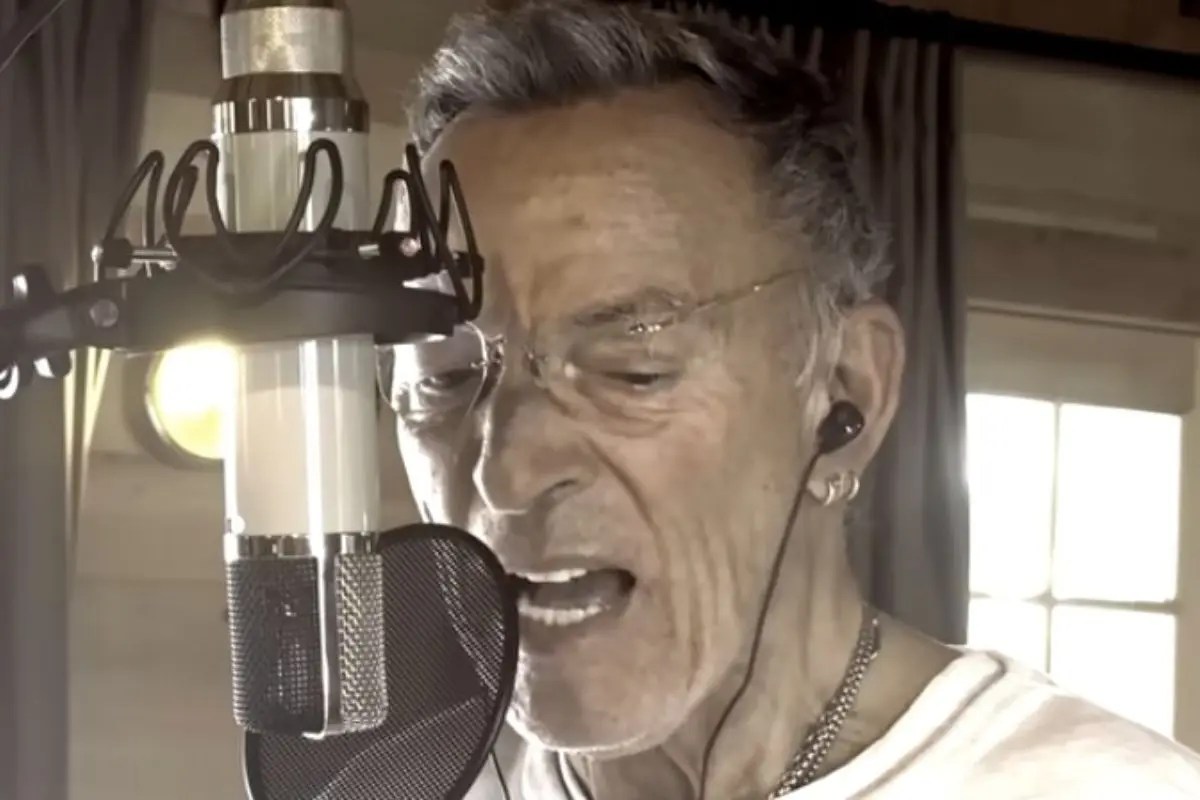
Songs for the Deaf | The darkest emotions
Artist
Year
Country
Tracks
Runtime
Produced by
Label
By
Songs for the Deaf is the third studio album from the Queens of the Stone Age, the American band born after the Kyuss‘ dissolution. This commercially successful attempt at producing a radio-friendly concept album consolidated them as one of the most acclaimed rock bands of the 2000s. The band’s lineup for the record consisted of Josh Homme and Mark Lanegan on guitar and vocals, Nick Olivieri on bass and vocals, and Dave Grohl on drums. The three singers, each one having a different style from the others (with Olivieri’s metal screams, Lanegan’s raspy and low register, and Homme’s cleaner tone) allow for a lot of variety in the tracks.
Anger fuelled ride
The story that connects the tracks is one about an addict who, after having too much to drink, gets in his car in a fit of rage and starts driving through the desert. Like Kowalski’s adventure driving the iconic 1970 Dodge Challenger R/T 440 Magnum, told in Richard C. Sarafian‘s Vanishing Point (1971). Away from the city, and society. The tracks are meant as a representation of his thoughts and emotions. But, simulate the different stations that he would pick up on his radio while on this drive (this is also helped by many snippets of fake radio speakers put between songs).
The pleasure of rulebreaking
No One Knows is one of the songs from the album that were released as singles. The verse is built around a swinging guitar riff. To accompany its staccato rhythm, the bass and drums have very simple but punchy parts. This punctuated style of playing subsides in the chorus. Here, the distortion is turned up. Grohl rides the cymbals on his drum kit. After the second time around, the tension built up to that point comes to a climax in the solo.
If the death drive was a song
Song For The Dead is a song about rage and death. Here the protagonist reflects on his mortality and at times almost feels homicidal. But it’s not just the lyrics that are heavy. As the guitars and bass are low-tuned and distorted, Lanegan’s vocals sound like a hate filled growl and Grohl seems to be actively trying to destroy his drumkit. This makes it a very intense, but undeniably catchy song. One so angry, that it literally refuses to end.
The journey’s end
Mosquito Song is the last track in the record, and the turning point in the narrative, a final resolution. This is the only clean song on the record, featuring a chill acoustic guitar and vocals from Homme. These progress towards the end with the addition of others instrument that give an orchestral feel.
A closer inspection reveals that this ending is not so hopeful as it may seem. One interpretation of the song may be that the protagonist fell asleep and woke up the following day. Realizing, now sober, the pointlessness of his rage from an existential perspective, as we are just “food that hasn’t died”. However, a much grimmer interpretation might be that the protagonist died in a car crash. And he’s only able to realize all of this when it is too late. This idea is reinforced by how eerie the track gets at times, with ghostly sounds of violins and a haunting piano.
Tag
Buy a ☕ for Hypercritic










